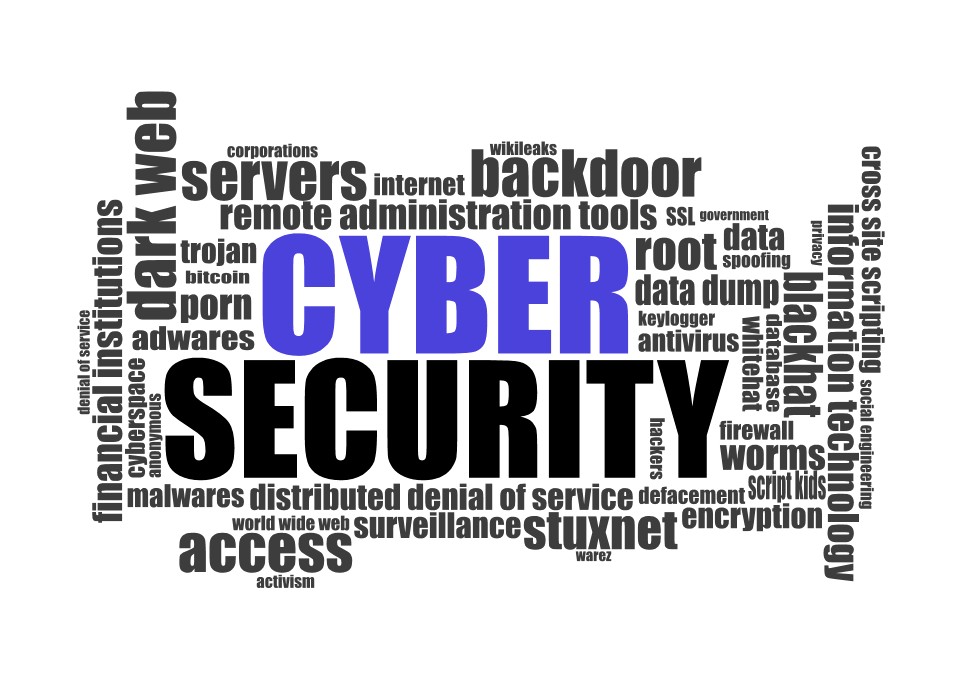
The Impact of Cybersecurity on Personal Finance
Cybersecurity plays a crucial role in protecting personal finances from threats such as identity theft and fraud. Here are some ways to safeguard your financial information:
Identity Theft
- Use strong, unique passwords for all accounts
- Enable two-factor authentication (2FA) whenever possible
- Regularly monitor your credit report for suspicious activity
Fraud
- Be cautious when clicking on links or opening attachments from unknown sources
- Use a reputable antivirus software and keep it updated
- Be aware of phishing scams and never share sensitive information via email or text
Protecting Personal Financial Information Online
Strong Passwords
- Use a combination of uppercase and lowercase letters, numbers, and special characters
- Change passwords regularly
- Use a password manager to securely store passwords
Two-Factor Authentication
- Add an extra layer of security to your accounts
- Requires a second form of verification, such as a code sent via text or email
Device Security
- Install antivirus and anti-spam software
- Keep devices and software up-to-date
- Be cautious when using public computers or devices
Cybersecurity and Financial Institutions
Banks and Credit Unions
- Financial institutions implement security measures to protect customer data
- Offer alerts and notifications for account activity
- Provide resources for customers to protect their accounts
Regulatory Compliance
- Financial institutions must comply with cybersecurity regulations
- Regular audits and assessments to ensure security
Conclusion
- Cybersecurity is essential for protecting personal finances
- Individuals must take steps to secure their online accounts and personal information
- Financial institutions must prioritize cybersecurity to protect their customers and maintain trust
